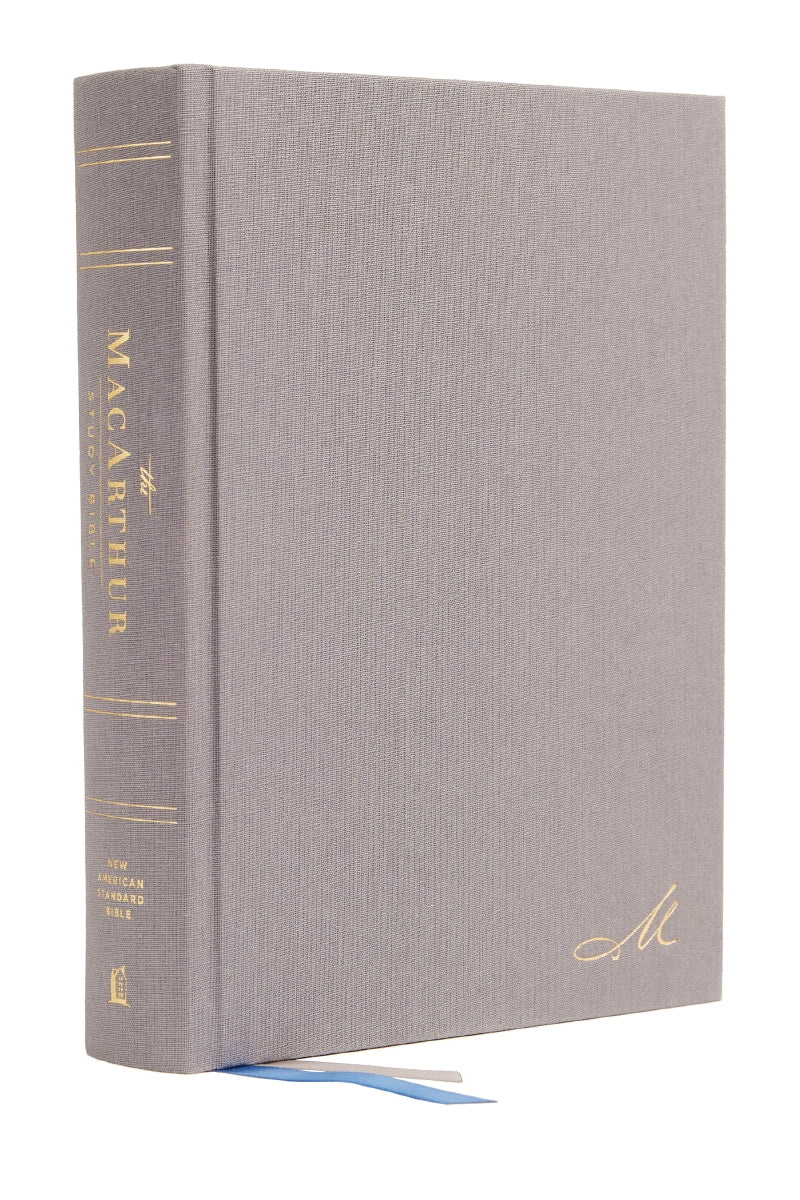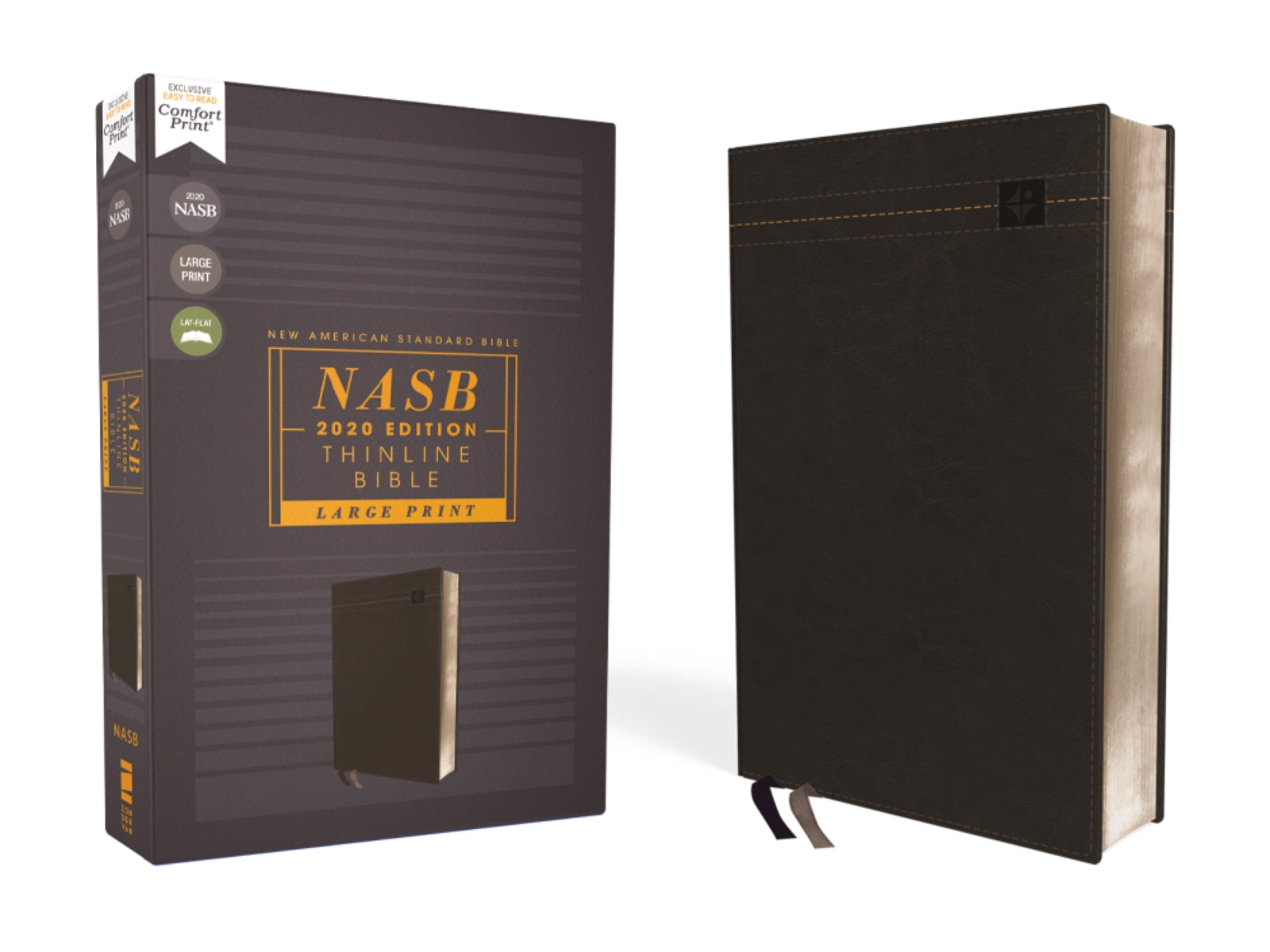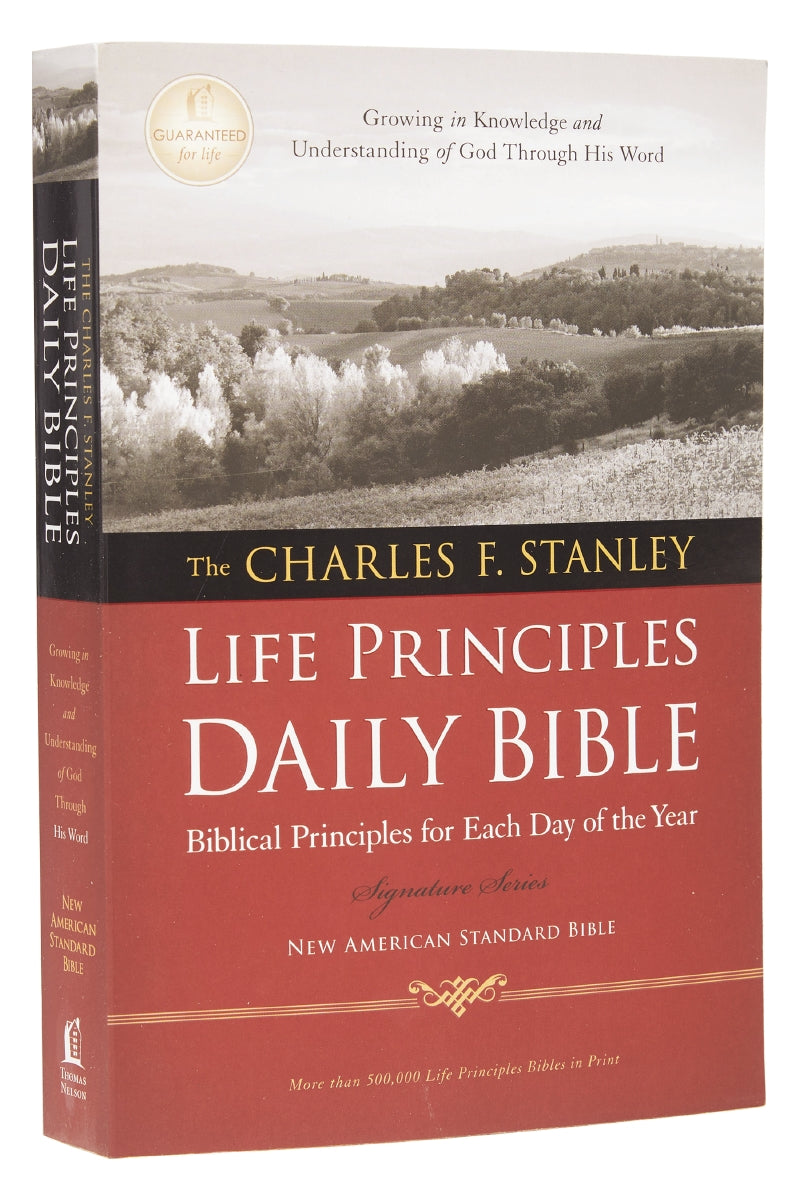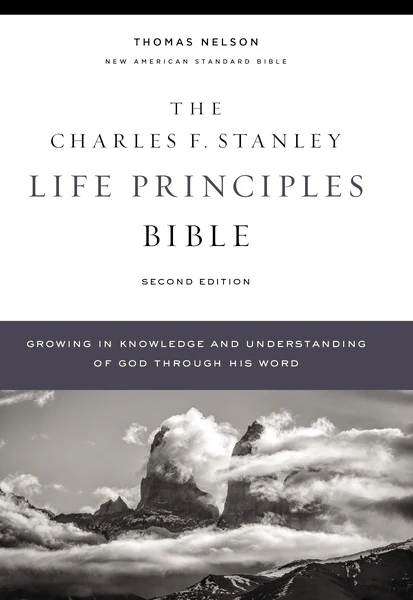2 Kings 23
New American Standard Bible
Josiah’s Covenant
23 (A)Then the king sent messengers, and they gathered to him all the elders of Judah and Jerusalem. 2 And the king went up to the house of the Lord and every man of Judah and all the inhabitants of Jerusalem with him, and the priests, the prophets, and all the people, from the small to the great; and (B)he read in their [a]presence all the words of the Book of the Covenant (C)which was found in the house of the Lord. 3 And (D)the king stood by the pillar and made a covenant before the Lord, (E)to walk after the Lord, and to keep His commandments, His provisions, and His statutes with all his heart and all his soul, to carry out the words of this covenant that were written in this book. And all the people [b]entered into the covenant.
Reforms under Josiah
4 Then the king commanded Hilkiah the high priest, (F)the priests of the second order, and the [c]doorkeepers (G)to bring out of the temple of the Lord all the utensils that had been made for Baal, for [d]Asherah, and for all the heavenly [e]lights; and (H)he burned them outside Jerusalem in the fields of the Kidron Valley, and carried their ashes to Bethel. 5 Then he did away with the idolatrous priests whom the kings of Judah had appointed to burn incense on the high places in the cities of Judah and in the surrounding area of Jerusalem, as well as those who burned incense to Baal, to the sun, to the moon, to the constellations, and to all the remaining (I)heavenly [f]lights. 6 He also brought out the Asherah from the house of the Lord outside Jerusalem to the brook Kidron, and burned it at the brook Kidron, and (J)ground it to dust, and (K)threw its dust on the graves of the [g]common people. 7 And he tore down the cubicles of the (L)male cult prostitutes which were in the house of the Lord, where (M)the women were weaving [h]hangings for the Asherah. 8 Then he brought all the priests from the cities of Judah, and defiled the high places where the priests had burned incense, from (N)Geba to Beersheba; and he tore down the high places of the gates that were at the entrance of the gate of Joshua the governor of the city, which were on one’s left at the city gate. 9 Nevertheless (O)the priests of the high places did not go up to the altar of the Lord in Jerusalem, but they ate unleavened bread among their brothers. 10 (P)He also defiled [i]Topheth, which is in the Valley of the Son of Hinnom, (Q)so that no one would make his son or his daughter pass through the fire for (R)Molech. 11 And he did away with the horses that the kings of Judah had given to the (S)sun, at the entrance of the house of the Lord, by the chamber of Nathan-melech the official, which was at the [j]covered courtyard; and he burned the chariots of the sun with fire. 12 The king also tore down (T)the altars that were on the roof, the upper chamber of Ahaz, which the kings of Judah had made, and (U)the altars which Manasseh had made in the two courtyards of the house of the Lord; and he [k]smashed them there and (V)threw their dust into the brook Kidron. 13 And the king defiled the high places that were opposite Jerusalem, which were on the right of (W)the mount of destruction which Solomon the king of Israel had built for (X)Ashtoreth the abomination of the Sidonians, for (Y)Chemosh the abomination of Moab, and for Milcom the abomination of the sons of Ammon. 14 (Z)He also smashed to pieces the memorial stones and cut down the [l]Asherim, and (AA)filled their places with human bones.
15 Furthermore, (AB)the altar that was at Bethel and the (AC)high place which Jeroboam the son of Nebat, who misled Israel into sin, had made, even that altar and the high place he tore down. Then he (AD)burned the high place, ground the remains to dust, and burned the Asherah. 16 Now when Josiah turned, he saw the graves that were there on the mountain, and he sent men and took the bones from the graves, and burned them on the altar and defiled it (AE)in accordance with the word of the Lord which the man of God proclaimed, the one who proclaimed these things. 17 Then he said, “What is this gravestone there that I see?” And the men of the city told him, “(AF)It is the grave of the man of God who came from Judah and proclaimed these things which you have done against the altar of Bethel.” 18 And he said, “Leave him alone; no one is to disturb his bones.” So they left his bones undisturbed (AG)with the bones of the prophet who came from Samaria. 19 Then Josiah also removed all the houses of the high places which were (AH)in the cities of Samaria, which the kings of Israel had constructed, [m]provoking the Lord to anger; and he did to them [n]just as he had done in Bethel. 20 And (AI)he slaughtered all the priests of the high places who were there on the altars, and burned human bones on them; then he returned to Jerusalem.
Passover Reinstituted
21 Then the king commanded all the people, saying, “(AJ)Celebrate the Passover to the Lord your God (AK)as it is written in this Book of the Covenant.” 22 (AL)Truly such a Passover had not been celebrated since the days of the judges who judged Israel, nor in all the days of the kings of Israel and the kings of Judah. 23 But in the eighteenth year of King Josiah, this Passover was celebrated to the Lord in Jerusalem.
24 Moreover, Josiah removed (AM)the mediums, the spiritists, the [o](AN)household idols, (AO)the idols, and all the abominations that were seen in the land of Judah and in Jerusalem, (AP)so that he might [p]fulfill the words of the Law which were written (AQ)in the book that Hilkiah the priest found in the house of the Lord. 25 Before him there was no king (AR)like him who turned to the Lord with all his heart, all his soul, and all his might, in conformity to all the Law of Moses; nor did any like him arise after him.
26 Nevertheless, the Lord did not turn from the fierceness of His great wrath with which His anger burned against Judah, (AS)because of all the provocations with which Manasseh had provoked Him. 27 And the Lord said, “I will also remove Judah from My sight, (AT)just as I have removed Israel. And (AU)I will reject this city which I have chosen, Jerusalem, and the [q]temple of which I said, ‘My name shall be there!’”
Jehoahaz Succeeds Josiah
28 Now the rest of the acts of Josiah and all that he did, are they not written in the Book of the Chronicles of the Kings of Judah? 29 (AV)In his days (AW)Pharaoh Neco king of Egypt went up to the king of Assyria at the river Euphrates. And King Josiah went to meet him, and when Pharaoh Neco saw him he killed him at (AX)Megiddo. 30 (AY)His servants carried [r]his body in a chariot from Megiddo, and brought him to Jerusalem and buried him in his own tomb. (AZ)Then the people of the land took Jehoahaz the son of Josiah and anointed him and made him king in place of his father.
31 (BA)Jehoahaz was twenty-three years old when he became king, and he reigned for three months in Jerusalem; and his mother’s name was (BB)Hamutal the daughter of Jeremiah of Libnah. 32 He did evil in the sight of the Lord, (BC)in accordance with all that his forefathers had done. 33 And (BD)Pharaoh Neco imprisoned him at (BE)Riblah in the land of (BF)Hamath, so that he would not reign in Jerusalem; and he imposed on the land a fine of [s]a hundred talents of silver and [t]a talent of gold.
Jehoiakim Made King by Pharaoh
34 Then Pharaoh Neco made (BG)Eliakim the son of Josiah king in the place of his father Josiah, and he (BH)changed his name to Jehoiakim. But he took Jehoahaz and [u](BI)brought him to Egypt, and he died there. 35 So Jehoiakim (BJ)gave the silver and gold to Pharaoh, but he assessed the land in order to give the money at the [v]command of Pharaoh. He collected the silver and gold from the people of the land, each according to his assessment, to give to Pharaoh Neco.
36 (BK)Jehoiakim was twenty-five years old when he became king, and he reigned for eleven years in Jerusalem; and his mother’s name was Zebidah the daughter of Pedaiah of Rumah. 37 He did evil in the sight of the Lord, (BL)in accordance with all that his forefathers had done.
Footnotes
- 2 Kings 23:2 Lit ears
- 2 Kings 23:3 Lit took a stand in
- 2 Kings 23:4 Lit keepers of the threshold
- 2 Kings 23:4 I.e., a wooden symbol of a female deity, and so throughout the ch
- 2 Kings 23:4 Lit host
- 2 Kings 23:5 Lit host
- 2 Kings 23:6 Lit sons of the people
- 2 Kings 23:7 Or dresses
- 2 Kings 23:10 I.e., place of burning
- 2 Kings 23:11 Meaning of the Heb uncertain
- 2 Kings 23:12 Or ran from there
- 2 Kings 23:14 I.e., wooden symbols of a female deity (Asherah)
- 2 Kings 23:19 As in ancient versions; MT provoking; and he
- 2 Kings 23:19 Lit according to all the acts
- 2 Kings 23:24 Heb teraphim
- 2 Kings 23:24 Or perform
- 2 Kings 23:27 Lit house
- 2 Kings 23:30 Lit him, dead
- 2 Kings 23:33 About 3.75 tons or 3.4 metric tons
- 2 Kings 23:33 About 75 lb. or 34 kg
- 2 Kings 23:34 As in LXX; MT he came
- 2 Kings 23:35 Lit mouth
Hebrews 5
New American Standard Bible
The Perfect High Priest
5 For every high priest (A)taken from among men is appointed on behalf of people in (B)things pertaining to God, in order to (C)offer both gifts and sacrifices (D)for sins; 2 [a](E)he can deal gently with the (F)ignorant and (G)misguided, since he himself also is [b](H)clothed in weakness; 3 and because of it he is obligated to offer sacrifices (I)for sins for himself, (J)as well as for the people. 4 And (K)no one takes the honor for himself, but receives it when he is called by God, just (L)as Aaron also was.
5 So too Christ (M)did not glorify Himself in becoming a (N)high priest, but it was He who (O)said to Him,
“(P)You are My Son,
Today I have fathered You”;
6 just as He also says in another passage,
7 In the days of [c]His humanity, [d](S)He offered up both prayers and pleas with (T)loud crying and tears to the One (U)able to save Him [e]from death, and He [f]was heard because of His (V)devout behavior. 8 Although He was (W)a Son, He learned (X)obedience from the things which He suffered. 9 And having been (Y)perfected, He became the source of eternal salvation for all those who obey Him, 10 being designated by God as (Z)High Priest according to (AA)the order of Melchizedek.
11 Concerning [g]him we have much to say, and it is difficult to explain, since you have become [h]poor listeners. 12 For though [i]by this time you ought to be teachers, you have need again for someone to teach you (AB)the [j](AC)elementary principles of the (AD)actual words of God, and you have come to need (AE)milk and not solid food. 13 For everyone who partakes only of milk is unacquainted with the word of righteousness, for he is an (AF)infant. 14 But solid food is for (AG)the mature, who because of practice have their senses (AH)trained to (AI)distinguish between good and evil.
Footnotes
- Hebrews 5:2 Lit being able to
- Hebrews 5:2 I.e., weak by nature
- Hebrews 5:7 Lit His flesh
- Hebrews 5:7 Lit who having offered up
- Hebrews 5:7 Or out of
- Hebrews 5:7 Lit having been heard
- Hebrews 5:11 Lit whom; or which
- Hebrews 5:11 Lit sluggish in hearing
- Hebrews 5:12 Lit because of the time
- Hebrews 5:12 Lit elements of the beginning
New American Standard Bible®, Copyright © 1960, 1971, 1977, 1995, 2020 by The Lockman Foundation. All rights reserved.
Bible Gateway Recommends






